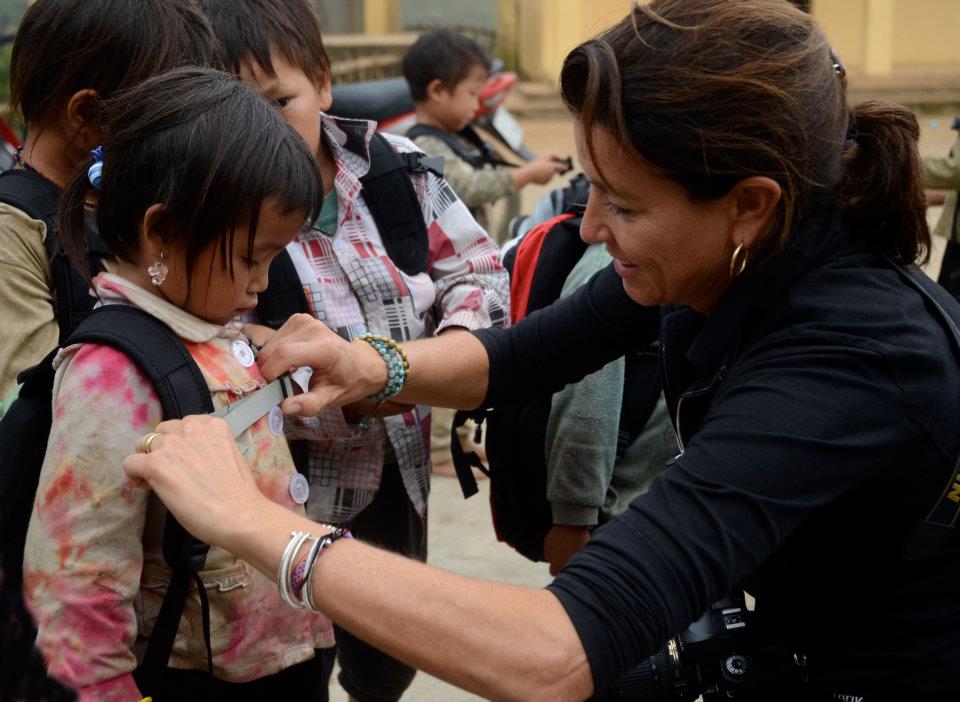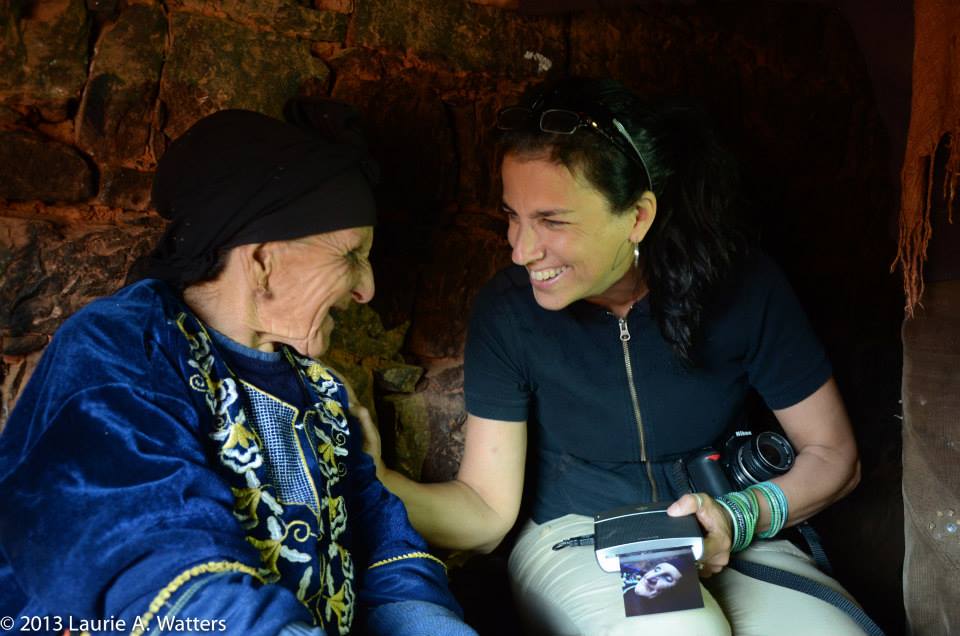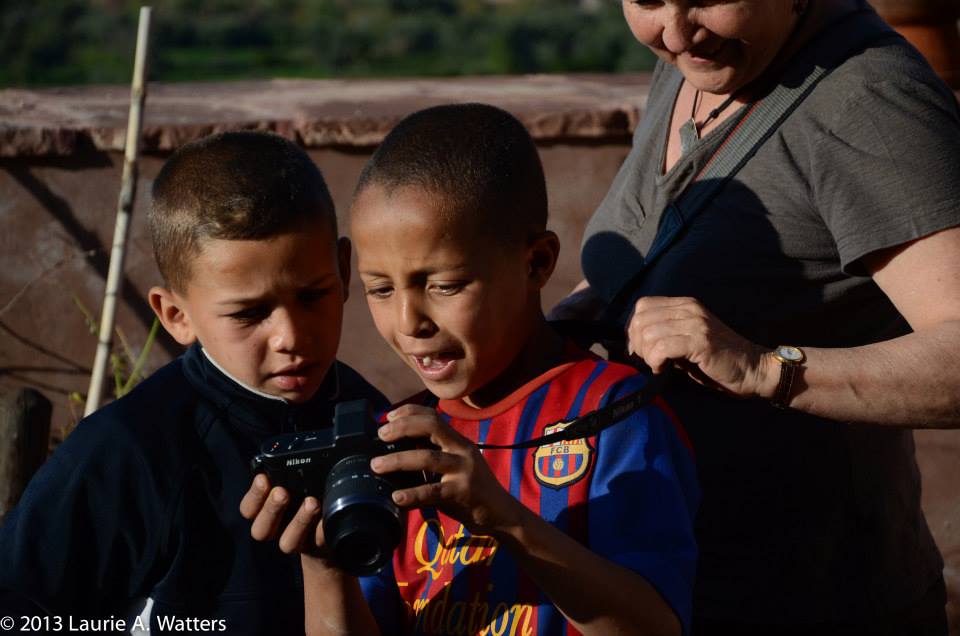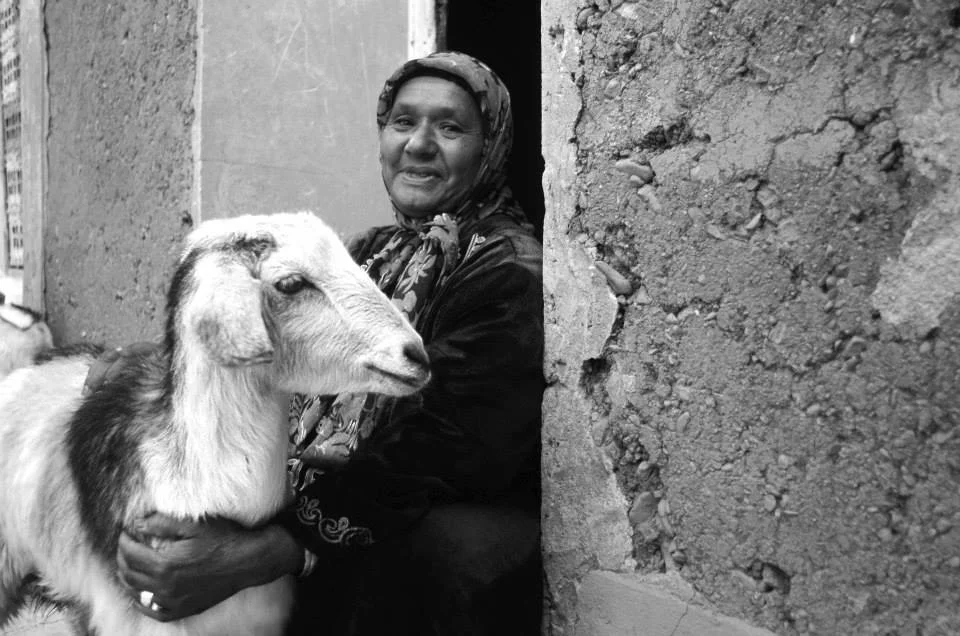Giving Back While Travelling - Who are We Helping?
/Well, I suppose it depends on your definition of 'helping'. That's how I'd answer that question. When my cousin, Laurie, and I started these photography (and now foodie) workshops, around the world, our mission statement said that our priority was to 'give back' to the communities we visit. In fact it's our value proposition. (To be perfectly honest, we never really had a mission statement or official value proposition - we're still working on it. Aren't we all?) For our workshops, we travel to some of the poorest countries in the world, and stay far off the beaten tourist paths. We stay in small villages, visiting barrios and slums to meet locals and eat local food.
But what makes it useful, is that when we visit, we help. We help in two ways. We contact an NGO or community organization, before we travel, through local friends, and ask if there is a basic need. We've raised money and brought school supplies for a H'mong school in remote Vietnam, a new herd of goats for a small village in Morocco, soap and rice for the exiled witches in Ghana. But in addition, we always offer a collaborative creative art workshops with the kids - street kids in Vietnam, students in West Africa, orphans in Sri Lanka and aboriginal children in the Amazon. We teach them about light, using sun paper, and they use our cameras to take portraits of whatever they want. We print them out, on the spot with an instant printer, and the resulting artwork always amazes. The kids love the diversion and opportunity to just play - almost as valuable as food and clothing. One of our travellers, David, came home and raised funds for a latrine in a remote school and he has also sponsored girls in Guatemala to go to school. Others have exhibited the photos from our trips as fundraisers for other projects in the community.
But are we helping? Really helping? And who are we to think we can help? Or more importantly, who is helping who here? It is the never-ending debate in all International Development classrooms around the world. What is our role - as the 'haves' in relation to the 'have-nots?' What makes the 'haves' think that what they have is better than what the 'have-nots' may have. Are we the teachers or should we maybe consider being the students? (Watch this hysterical TED talk by Development guru Ernesto Sirolli for more on that). I don't pretend to know any of the answers. But I know what works for me and what makes me uncomfortable.
Back in 2006, I was on a panel, at Hot Docs, with my film Cottonland . I think it was called the "Making films in the Margins of Society." The microphone was handed to the other filmmakers and they all told their stories of living on the streets with the homeless or hanging with the prisoners in jail. It came to me and all I could think was what a shitty name for a panel. And whose 'margins' are we talking about? My 'margin' as a struggling visual artist, might be a tad different than the Wall Street investment banker's margin, or the rural farmer's margin or the Delhi street kid's margin. Wouldn't there be more room on the page for telling the real stories if the margins were erased?
I've spent my career trying to build bridges of understanding between cultures, races, ages, classes...so when we travel to do our workshops, we get to know the locals, ask them if we can help them achieve their goals, in some small way. But really...I believe that they are helping us to a much larger degree. If we let them.
We've learned to how to be a good sibling from kids in Benin, how to make a kick-ass fish curry from food that was grown and caught within 100 feet a Sri Lankan villager's home and how to listen to our inner stories from the Dream Readers in Ecuador. But more importantly, we are reminded of something that I discovered a long time ago...that living a full, mindful, life in harmony with this planet has absolutely nothing to do with technology, money or possessions. It has to do with redefining our definition of 'progress,' 'growth' and 'happiness.'
The biggest challenge is to remember it when we get home and allow space and time to change how we live our lives.
....Nance Ackerman (Cousins Photography Instructor, documentary filmmaker and artivist)
For more information or if you'd like to help - go to our Giving Back Page










